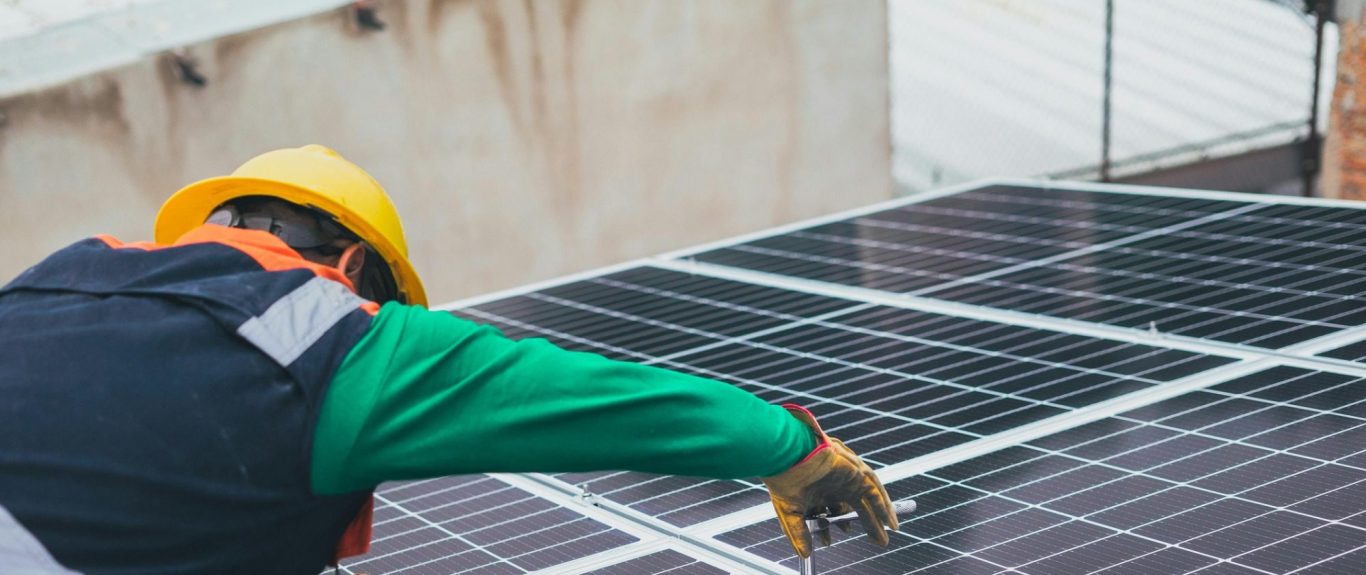The JETP Program Failed To Proceed
The Just Energy Transition Partnership (JETP), once heralded as an innovative international initiative to help Indonesia move away from coal, has largely failed to deliver on its ambitious promises. Initially announced at the G20 Summit in Bali in November 2022, the program pledged US$20 billion from an international group of donors to support Indonesia's transition to cleaner energy. However, the reality has fallen dramatically short of expectations.
Of the promised US$20 billion, only 5%has actually been paid out, leading even high-ranking Indonesian officials like former Coordinating Minister Luhut Binsar Panjaitan to view the program as essentially worthless. The most critical failure is that not a single coal-fired power plant has been closed down under the program, despite elaborate plans to do so.
The complications are multifaceted. International partner nations have been reluctant to fund plant closures, viewing such support as potentially equivalent to supporting the coal business. The estimated US$20-30 billion needed to close down coal-fired power plants producing 5.2 gigawatts remains unallocated. Ownership transfer issues have further complicated attempts to shut down specific plants like those in Pelabuhan Ratu and Cirebon in West Java.
Contrary to the JETP's goals, Indonesia has actually continued to expand its coal infrastructure. The country still relies heavily on coal for its power needs, with coal comprising over 80% of its energy mix. Moreover, Indonesia plans to add significant off-grid coal power capacity, with 132 off-grid coal plants excluded from the JETP framework. Climate Action Tracker projects that emissions from these captive coal plants could reach 150 million tonnes of CO2 by 2030, directly undermining Indonesia's net-zero emissions objectives.
The program's challenges are compounded by political uncertainties. With potential shifts in US leadership and global climate commitments, the future of international climate funding remains unpredictable. The possibility of a Trump presidency, for instance, could further destabilize climate funding initiatives, as the former president has previously described green energy as "the biggest scam in history."
Indonesia's renewable energy growth has been disappointingly slow. Between 2018 and 2023, the country only added 3.3 gigawatts of clean energy, far short of the 8 gigawatts annually needed to meet its ambitious targets. Currently, renewable sources constitute just 19% of the country's energy mix, well behind the JETP's target of 25% by 2025 and 44% by 2030.
Despite these challenges, there remain glimmers of hope. President Prabowo Subianto has brought forward the country's net-zero target from 2060 to 2050 and pledged to exit coal by the end of the next decade. The state electricity company PLN has committed to generating 75% of its electricity from renewable sources by 2060.
The JETP's struggles highlight the complex challenges of energy transition in developing countries. While the initiative promised transformative change, bureaucratic hurdles, international funding reluctance, and entrenched fossil fuel interests have significantly undermined its potential impact. For Indonesia to truly transition to a cleaner energy future, more comprehensive, committed, and flexible international support will be essential.
Sources:
https://en.tempo.co/read/1953793/the-end-of-the-road-for-jetp
https://finance.yahoo.com/news/indonesias-prabowo-plans-retire-fossil-053109648.html
https://www.context.news/just-transition/can-indonesia-cut-coal-by-partnering-with-the-rich

ENERGY TRANSITION
DECEMBER 21, 2024
We need your consent to load the translations
We use a third-party service to translate the website content that may collect data about your activity. Please review the details in the privacy policy and accept the service to view the translations.

